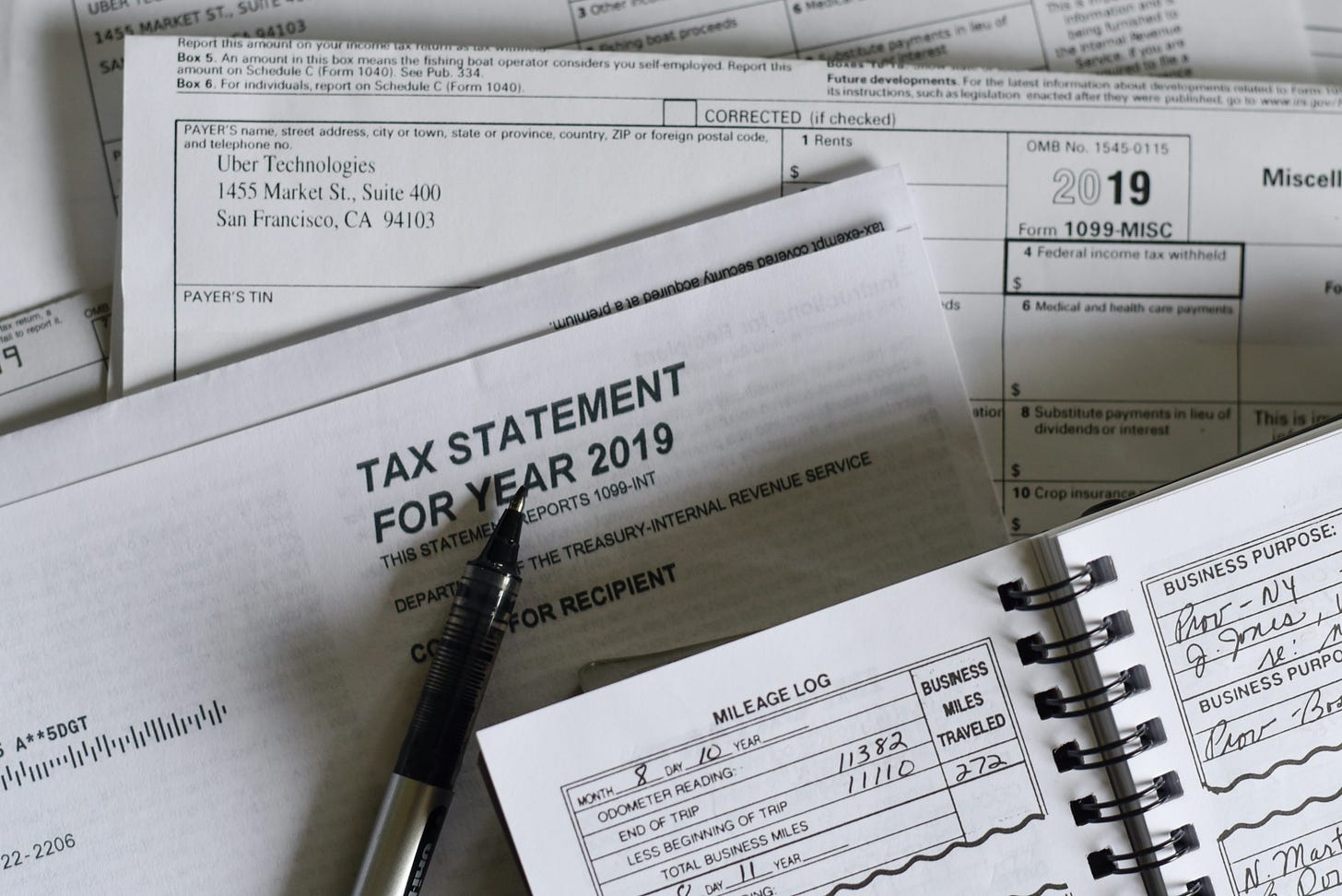"Non-Resident Alien" is a Tax Term
This short post provides a reminder that U.S. immigration law and U.S. tax law use similar words but which have different meaning. Just to confuse us all!
If you are a foreign national who arrives in the United States as an international student or post-doc researcher or intracompany transferee, you might assume that the United States has a fairly orderly and sensible set of laws for U.S. immigration law and U.S. tax law. Surely these things are coordinated and well-considered. This would be a reasonable assumption, but sadly, it would be very wrong!
U.S. immigration law and U.S. tax law are both extremely complex and opaque and in some ways inconsistent. The laws have developed independently and while have some relationship to each other; they are not constructed in a coherent way and the agencies involved often operate in silos. That is probably one of the things that foreign nationals do not understand - that U.S. government agencies are not integrated. One agency might have no idea what another agency is doing and vice versa. One agency’s policies may actually be completely inconsistent with the standards and requirements of another agency. Why is it like this? Well, for those of us who went to law school, we think the system exists to make sure we can pay off our mortgage and save money for our children’s college education…. (That’s a joke).
There is no grand explanation for why things are not more organized except at its core the United States is a very decentralized place.
Further complicating things is that U.S. immigration professionals (including myself) know very little about tax law and U.S. tax professionals often know very little about U.S. immigration law.
Tax professionals, as a general rule, are committed to minimizing your tax obligations (in a legally permissible way).
Immigration professionals, as a general rule, are trying to find ways for foreign nationals to live and work in the United States legally.
There are many ways in which tax and immigration law interact, and there are many situations where complications arise. This post will NOT provide any comprehensive assessment of all these situations. Rather, I simply mean to flag a couple issues and to call out the fact that U.S. tax law and U.S. immigration law can use similar words but with different meanings.
For example, many F-1 students have just changed to H-1B status on October 1 based on the H-1B cap. As such, their tax withholding obligations may have also changed as many F-1 and J-1 students and scholars are exempt from certain kinds of U.S. tax for which H-1B workers are not exempt. These issues should be analyzed individually with a qualified tax professional (for which I am not!)
One thing I know is that the term “non-resident alien” is a tax term. In the U.S. tax rules, there are “resident aliens” for tax purposes and “non-resident aliens” for tax purposes. There are ‘tests’ to determine whether a person is a resident alien or non-resident alien for tax purposes and their tax obligations (including withholding obligations) change depending on that designation. These terms - “non-resident alien” and “resident alien” — these sound very similar to “non-immigrant” (a temporary visa) and “legal permanent resident” (a green card holder). “Non-immigrant” and “immigrant” and “legal permanent resident” - these are all immigration law terms.
But there are definitely situations where you can be in the United States on a “non-immigrant visa” (temporary visa) but be a “resident alien” for tax purposes. I am not qualified to say in a comprehensive way how this works but immigration professionals and foreign nationals should have awareness of these terms and know enough to consult the right kinds of professionals based on the issues involved.
For people who want to learn on their own (or suffer from insomnia), the following are resources in understanding tax issues:
IRS Guidance for Foreign Students, Scholars, Teachers, Researchers and Exchange Visitors;
IRS Guidance for Departing Alien Clearance (Sailing Permits);
Tax Guide for U.S. Citizens and Resident Aliens Abroad (IRS Publication 54).
I am not a tax professional and I do not give tax advice but I do try to flag issues for clients.
One thing I know is if someone asks me a question that starts with the term “non-resident alien” - I immediately think, “I’m not the right person to ask.” !!




